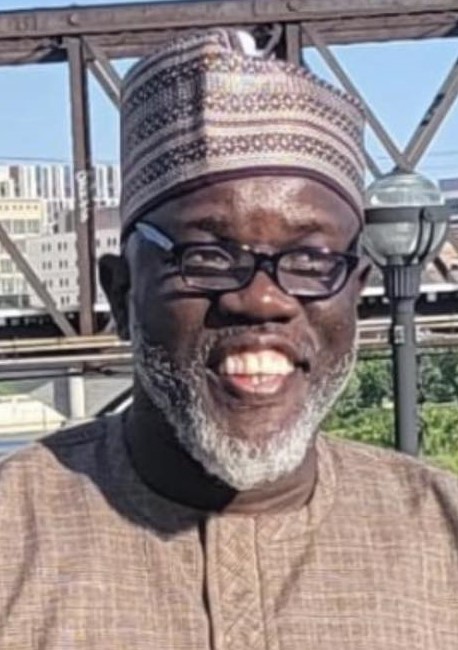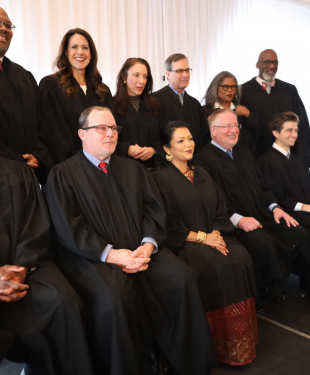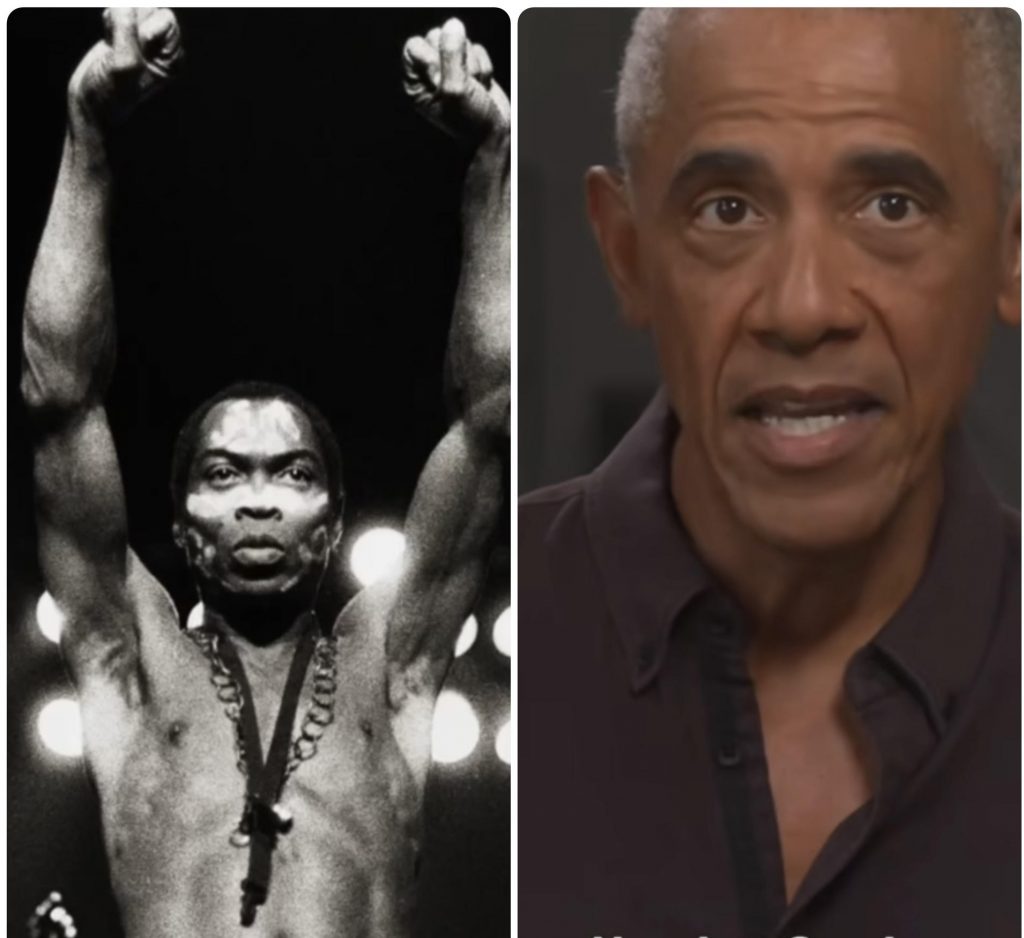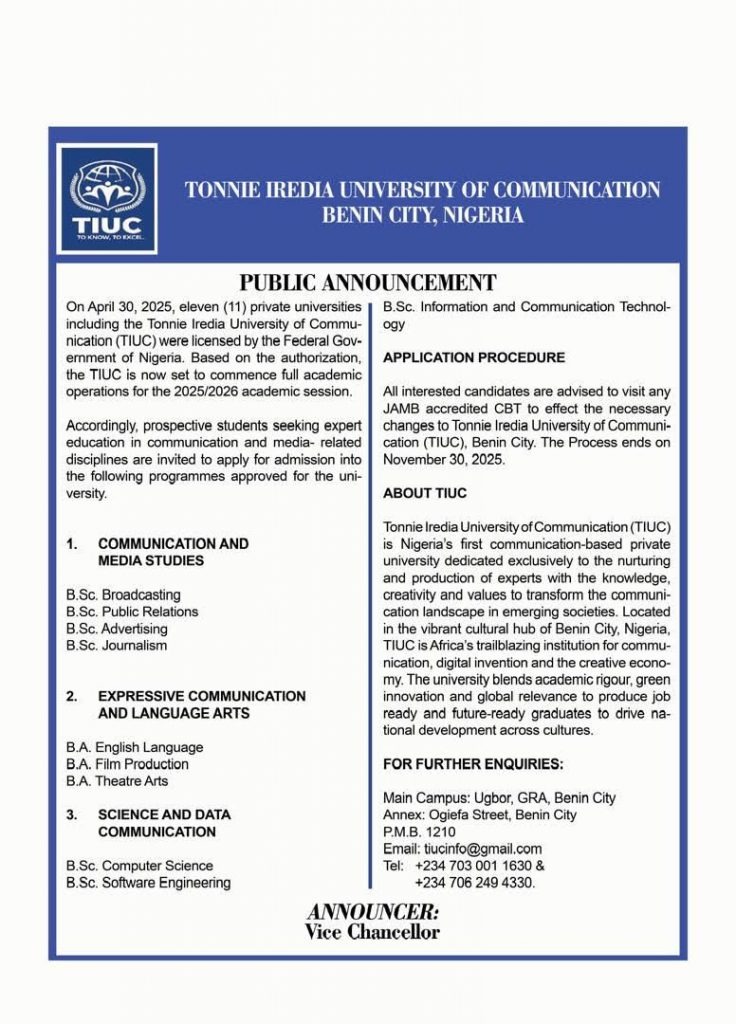By Olatunji Oke

From the soulful harmonies of the Winans, (producing Bebe and Cece), to the global rhythm of the Jacksons (with their inimitable dance steps) and the revolutionary sounds of the Kuti family, history sings of generational blessings. These families prove that divine gifts can flow richly through lineages, shaping culture and legacy. While many dwell only on generational curses, their stories remind us that talent, purpose, and grace also pass through bloodlines, awaiting recognition, nurturing, and celebration across generations. Blessings, too, are inherited in a trans-generational fashion, in pursuit and fulfillment of destiny.
Long before Fela Anikulapo Kuti became the sonic rebel of Africa, the Kuti name had already carried a weight of conviction. The story begins in the rustic city of Abeokuta, Nigeria, where Reverend Josiah Jesse Ransome-Kuti first sowed the seeds of the dynasty’s defiance. A clergyman and hymn-writer in the early 1900s, Josiah fused Yoruba musical traditions with Christian hymns, a proof that African spirituality could thrive even under colonial shadow. His was a faith of assertion. It was a rhythm of identity rather than submission. His son, Reverend Israel Oludotun Ransome-Kuti, inherited that pulse and turned it toward education and labor activism.
As the first president of the Nigeria Union of Teachers, he challenged the status quo imposition of the colonial administration. His wife, Fela’s mother, the indomitable Funmilayo Ransome-Kuti, became one of Africa’s earliest feminists. She led the Abeokuta Women’s Union against unfair taxes, confronted the Alake of Egbaland, and traveled the world preaching women’s liberation. In every generation, a Kuti stood up to power, deploying forces of faith, intellect, or sheer will.
Then came Fela. Born into that tradition of defiance in 1938, he redefined it for a new era. Rejecting the Christian surname “Ransome,” he took “Anikulapo” which means, “one who carries death in his pouch”. This nomenclature in itself was an emblem of resistance. From the brass lines of jazz and the heartbeats of Yoruba percussion, he forged Afrobeat, a genre with the twin forces of revolution and iconic rhythms. Kalakuta Republic, the appellation for the epicenter of his music and philosophy, became both home and fortress. Also known as the Shrine, it was a parliament of the people. Through songs like *Zombie*, *Water* No Get Enemy, and Coffin for Head of State, Fela gave voice to the silenced and exposed the hypocrisy of dictatorships masquerading as democracies.
Decades later, and quite recently, Barack Obama, the highly cerebral ex-President of the United States, himself a student of African rhythm and reform, revisits Fela’s fire in the new podcast “Fela Kuti: Fear No Man” produced by Higher Ground, the Obamas’ media company. In the opening episode, Obama reflects that Fela’s art “moved hearts, changed minds, and told the truth even when it cost him everything.”
The former U.S. president places Fela within a global lineage of artistic revolution, a reminder that music, like protest, is a universal language of liberation. Time will fail me to detail the efforts of Fela’s brother, Beko Ransome-Kuti a Medical Doctor turned activist that gave his all for the return of civil rule to Nigeria. Their oldest brother Olikoye Ransome-Kuti, a Medical Doctor, also used his talents and skills to serve Nigerians in the place of democratization of primary health care across the nation. As the Minister of Health, some of his pioneering legacies in the 80s and 90s, remain unparalleled in the field of Healthcare for Nigerians.
In tandem with the non-conformist foundations of the dynasty, Femi Kuti, Fela’s first son, Seun Kuti and Yeni Kuti, Fela’s first child, have inherited the baton, in support of ordinary Nigerians and Africans. Omorinmade Kuti, Femi’s scion and a fifth-generation Kuti has joined the float with harmonious, yet revolutionary rendition of the Kuti dynasty. From hymns to horns; pulpits to protest stages; the Kuti dynasty’s legacy endures in an unbroken rhythm of resistance. In celebrating Fela, Obama reminds the world that to speak truth to power is not merely to resist oppression, but to insist on freedom’s most elemental beat: the right to be heard.
Support the New Americans magazine to continue to serve our community with precise news that affect the new American, immigrant and refugee community. https://paypal.com/donate/?hosted_button_id=8LHFS78NRNJJY&source=url










































Leave a Reply
You must be logged in to post a comment.